The original video, produced by the European Parliament, captures a charged plenary debate in which Ursula von der Leyen, President of the European Commission, lays out Europe’s response to multiple crises while a chorus of Members of the European Parliament demands her resignation. The session frames a broader struggle over security, economic policy, and the future direction of the Union.
The exchanges range from calls for tougher measures against Russia and concrete proposals to support Ukraine, to scathing critiques of the Green Deal, migration policy, and alleged failures of transparency and leadership. What follows is a structured summary of the debate, the proposals on the table, and the main objections voiced by MEPs.
Von der Leyen’s opening: Europe “in a fight”
At the start of the session, Ursula von der Leyen framed the moment as existential: “Europe is in a fight — a fight for a continent that is whole and at peace, for a free and independent Europe, a fight for our values and our democracies.” Her language stressed unity, urgency, and the need for a robust policy response to external aggression.
On concrete measures, von der Leyen emphasized more pressure on Russia through sanctions and targeted actions. She announced work on the 19th sanctions package, efforts to phase out Russian fossil fuels faster, and investigations into the so‑called “shadow fleet” and third‑country involvement. She also highlighted that Europe has already provided close to €170 billion in military and financial aid to Ukraine, and that further support will be required.
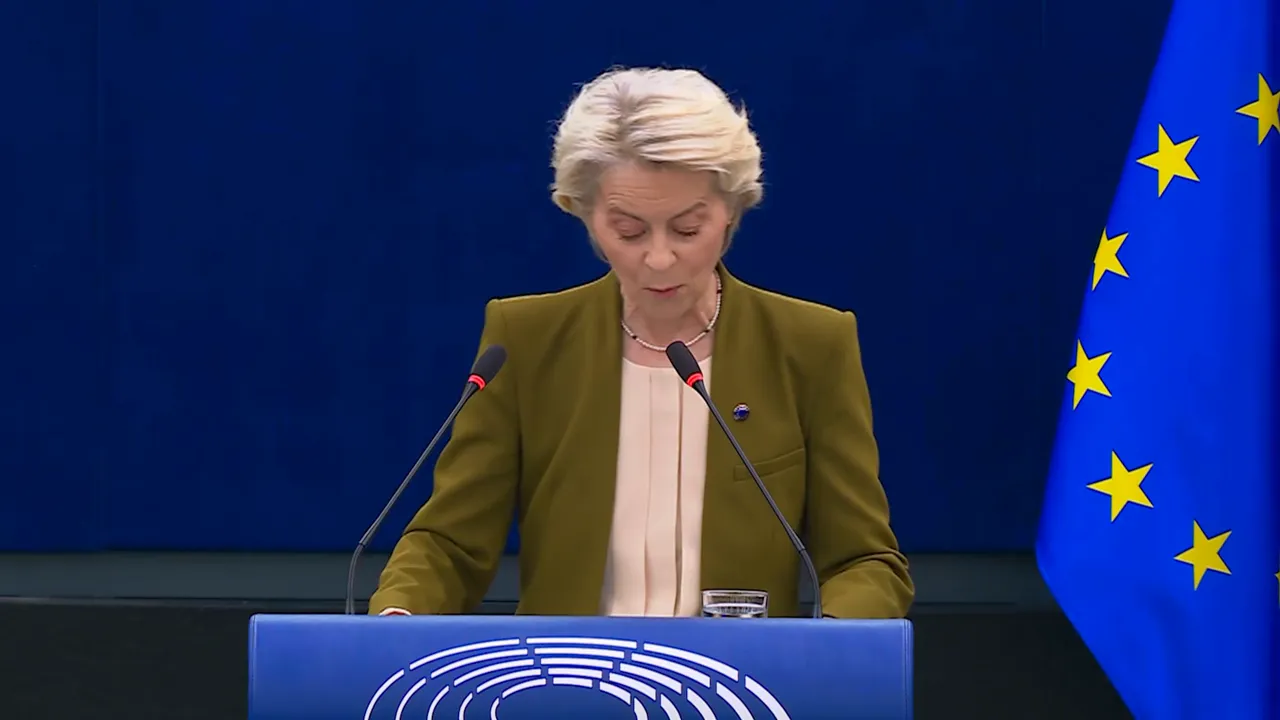
Financing Ukraine: immobilized Russian assets and reparations loans
One of the most notable policy proposals was the idea to use the cash balances associated with immobilized Russian assets to provide Ukraine with a reparations loan. Von der Leyen clarified the assets themselves would not be touched; instead, the cash balances would be used for a loan whose risk would be shared collectively by the EU.
The plan is structured so that Ukraine would only repay the loan once Russia pays for the reparations. This approach aims to ensure that the financial burden does not fall solely on European taxpayers while creating a legal and political pathway to hold Russia accountable.
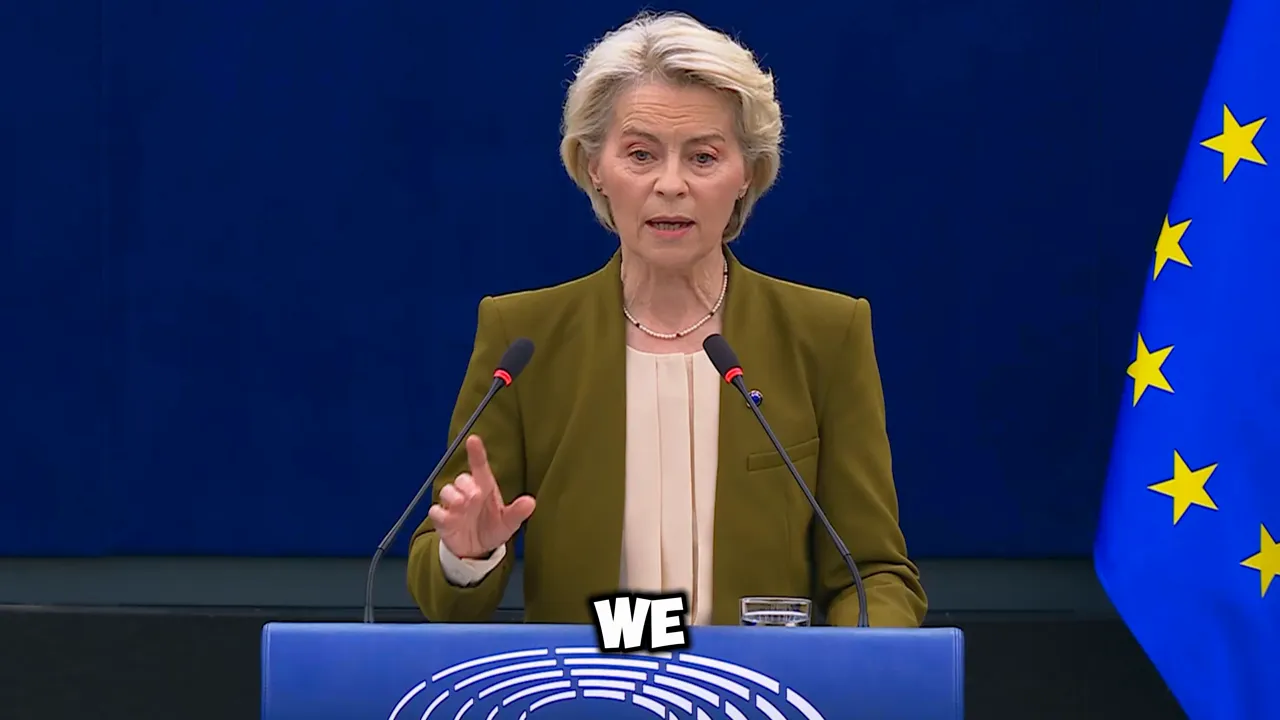
Growing calls for resignation: a chorus from multiple MEPs
Across the chamber, several MEPs demanded that Ursula von der Leyen step down. Criticisms were broad and fierce: accusations of centralization, lack of transparency, economic mismanagement, and poor diplomatic relations with major partners. MEPs invoked public opinion figures—citing polls suggesting that a large share of citizens want her resignation—and threatened motions of censure.
Speakers such as Anna Bryłka, Gheorghe Piperea, Charlie Weimers, and Hermann Tertsch argued that the Commission’s policies have weakened Europe’s industry, eroded national sovereignty, and failed to deliver on promises. Specific grievances included an allegedly problematic trade agreement with the United States, contested funding programs, and claims of obfuscated travel facts that undermine the Commission’s credibility.
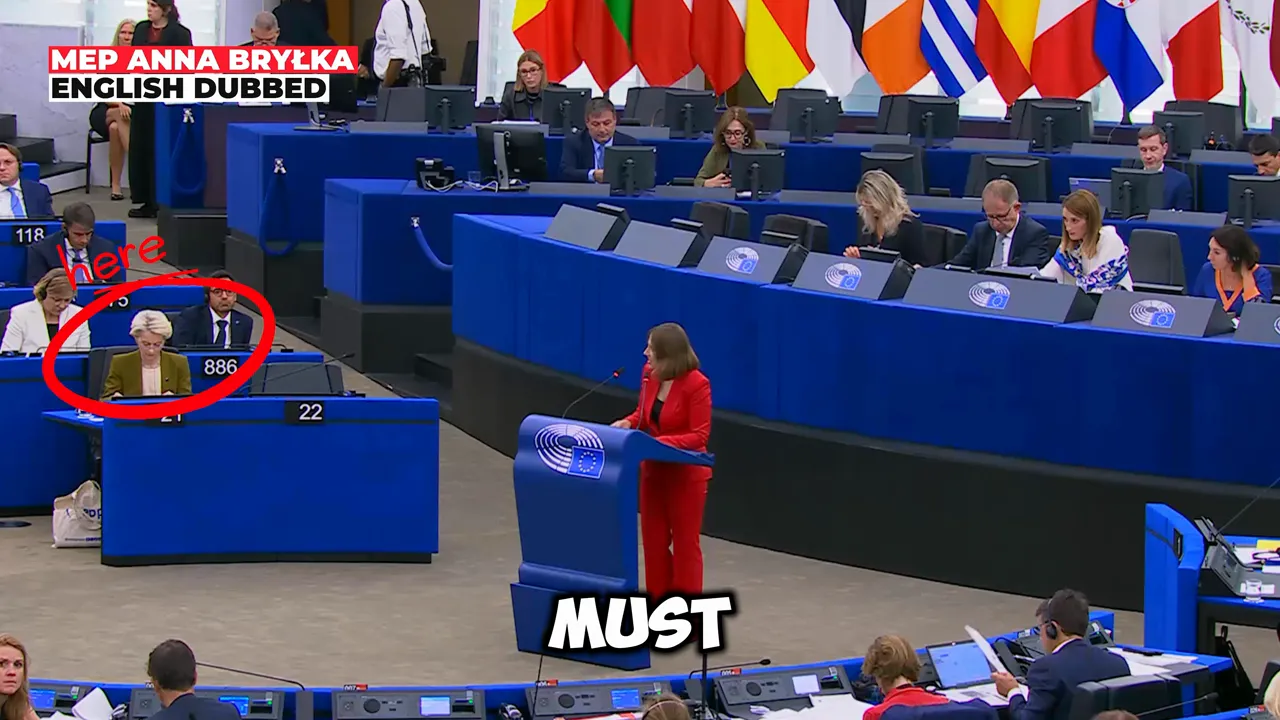
Economic fallout: industry, jobs, and the cost of living
Several MEPs connected the Green Deal and other regulatory measures to tangible economic pain. Names invoked during the debate included falling profits at luxury carmakers, mass job cuts at major manufacturers, and the suspension of heavy industry production. Claims included figures such as a loss of around 250,000 jobs and specific corporate retrenchments.
Critics argued that ambitious climate targets—cited as a 2040 climate target by opponents—risk undermining competitiveness and accelerating deindustrialization. The proposed new fiscal plan also drew fire: a requested package in the trillions, with warnings that additional borrowing could saddle future generations with debt while failing to address immediate economic hardship like rising supermarket costs and housing pressures.
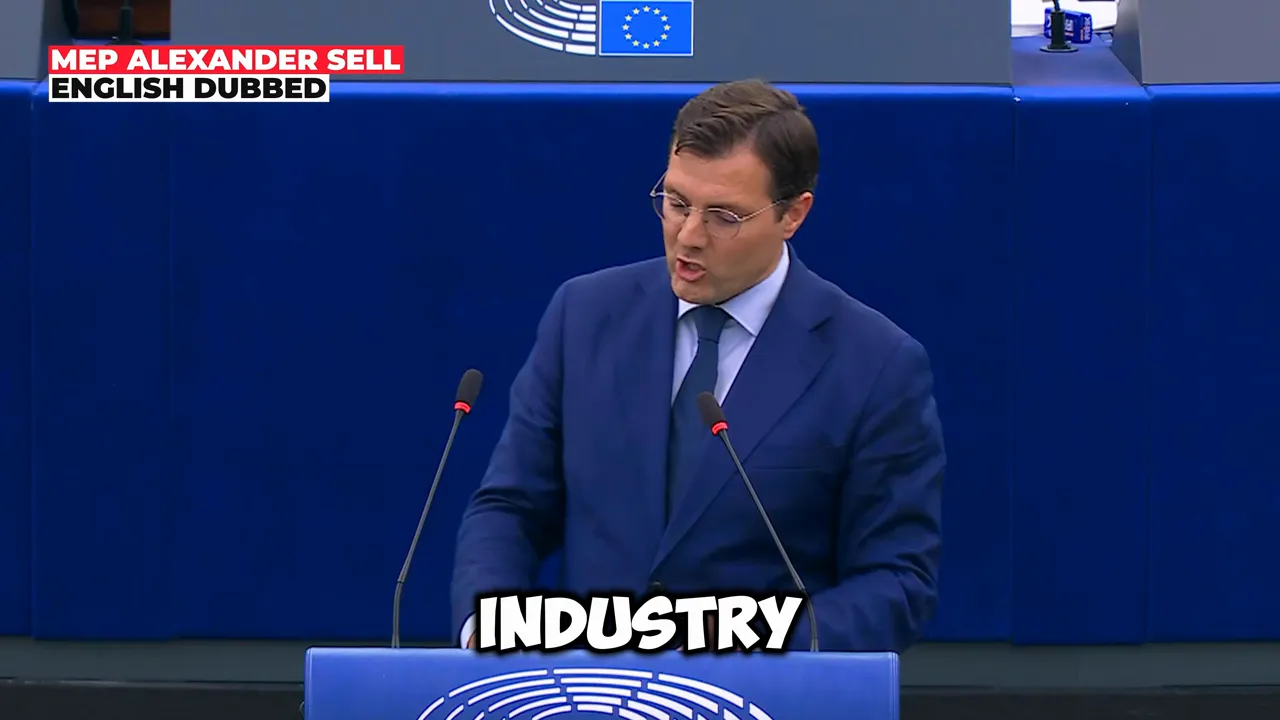
Security, migration, and sovereignty: polarizing themes
Security concerns were another dominant thread. Several MEPs highlighted recent violations of airspace by Russian drones and used this to argue both for stronger defense measures and for a reevaluation of EU leadership. For some speakers, the Commission under von der Leyen was described as a burden on national security rather than a protector.
Migration emerged as an emotionally charged issue. Critics referenced demographic projections—citing, for example, Nigeria’s birth rates versus EU totals—and warned that current migration patterns and open borders were reshaping the continent. These speakers demanded tougher border policies and accused the Commission of inadequate attention to the problem in its address.
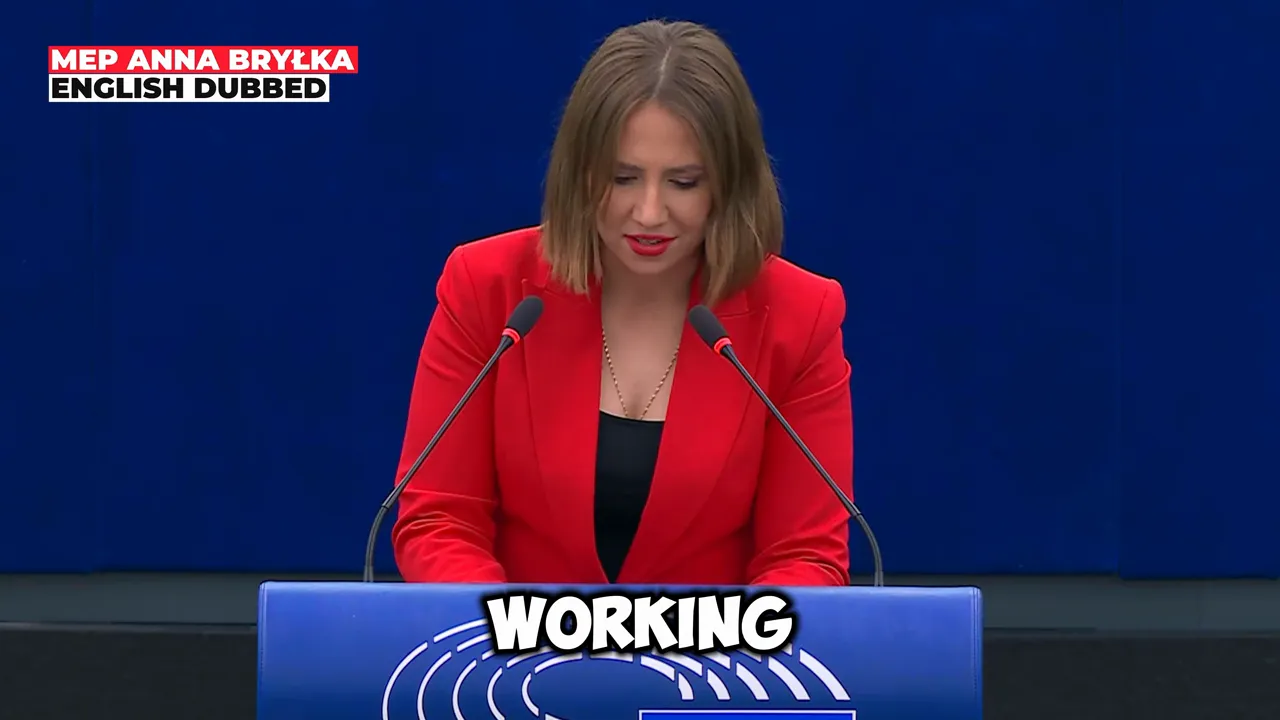
Responses and concrete commitments from the Commission
Alongside the criticisms, von der Leyen offered tangible commitments. She announced that Europe will front‑load €6 billion from the European Air Fund and pursue a drone alliance with Ukraine to scale up capability sharing. The rationale presented emphasized Ukrainian ingenuity and the EU’s role in providing industrial scale and support so Ukraine can maintain a battlefield edge.
Von der Leyen reiterated that the burden of supporting Ukraine should not rest solely on European taxpayers, framing financial mechanisms (like the proposed reparations loan) as ways to ensure that Russia ultimately pays. She emphasized coordination with partners and continued sanction pressure as avenues to bring Russia to the negotiation table.

What’s at stake: unity, legitimacy, and the future path
The plenary laid bare a deep split within the Parliament: between those prioritizing immediate, large‑scale support for Ukraine and those prioritizing domestic economic stability, national sovereignty, and stricter migration control. Central to the debate is a clash over centralization versus national prerogatives and differing visions of Europe’s role on the world stage.
Questions of legitimacy and transparency—from public polling to legal challenges over funding programs—animated accusations that the Commission is out of step with citizens. At the same time, the Commission defended its record on support for Ukraine and on coordinating sanctions and energy policy.
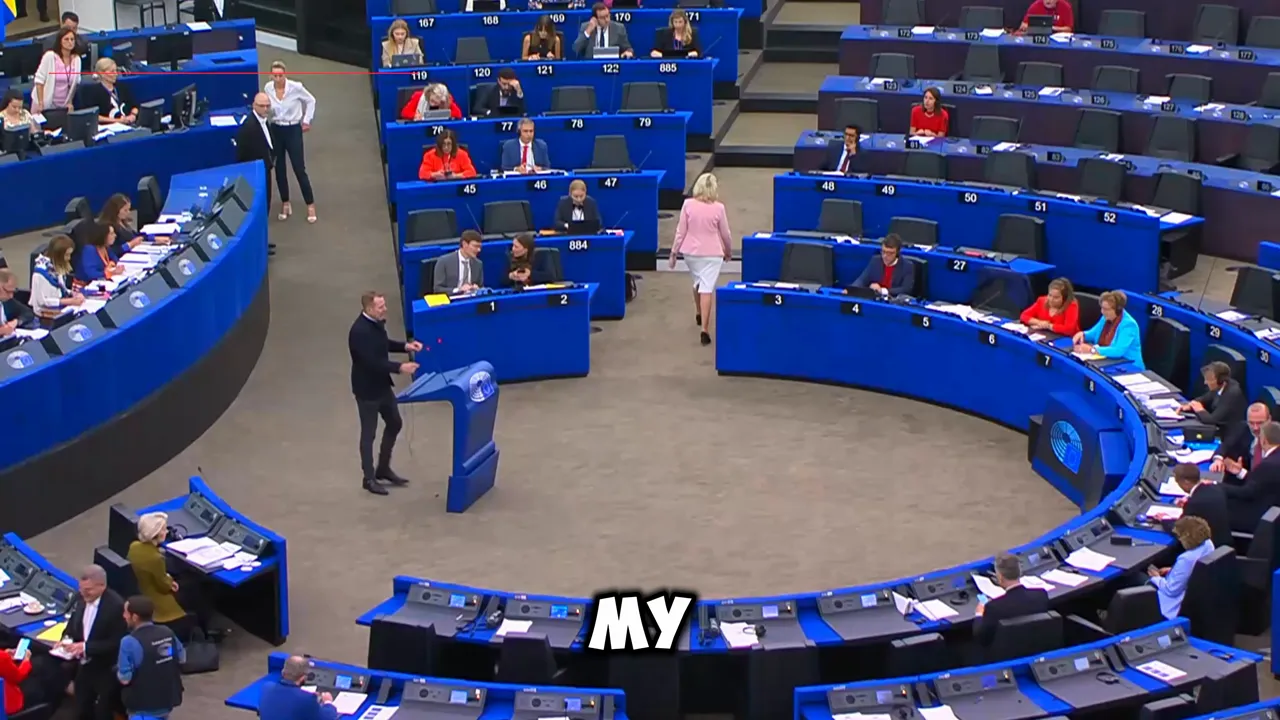
Conclusion: a divided chamber and high stakes for Europe
The session underscored the volatile mix of external pressure from geopolitical conflict and internal pressure from economic dislocation and political fragmentation. The debate over sanctions, the use of Russian assets, industry policy, migration, and the Commission’s leadership is far from resolved.
Europe’s path forward will depend on whether consensus can be forged around shared burdens and clear priorities, and whether institutional trust can be repaired. Until then, the chamber’s sharp exchanges reflect a Union wrestling with choices that will shape security, prosperity, and democratic legitimacy for years to come.
